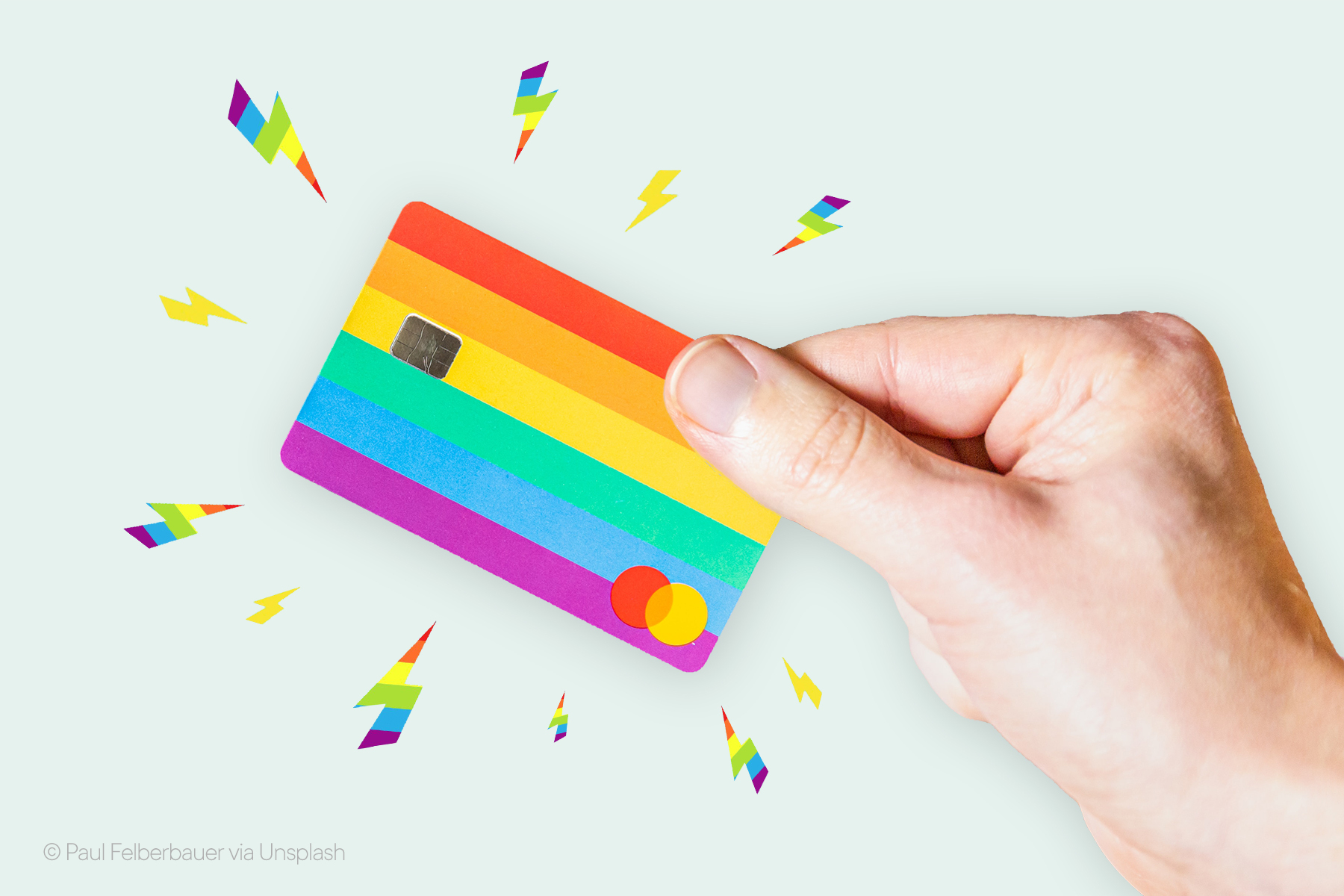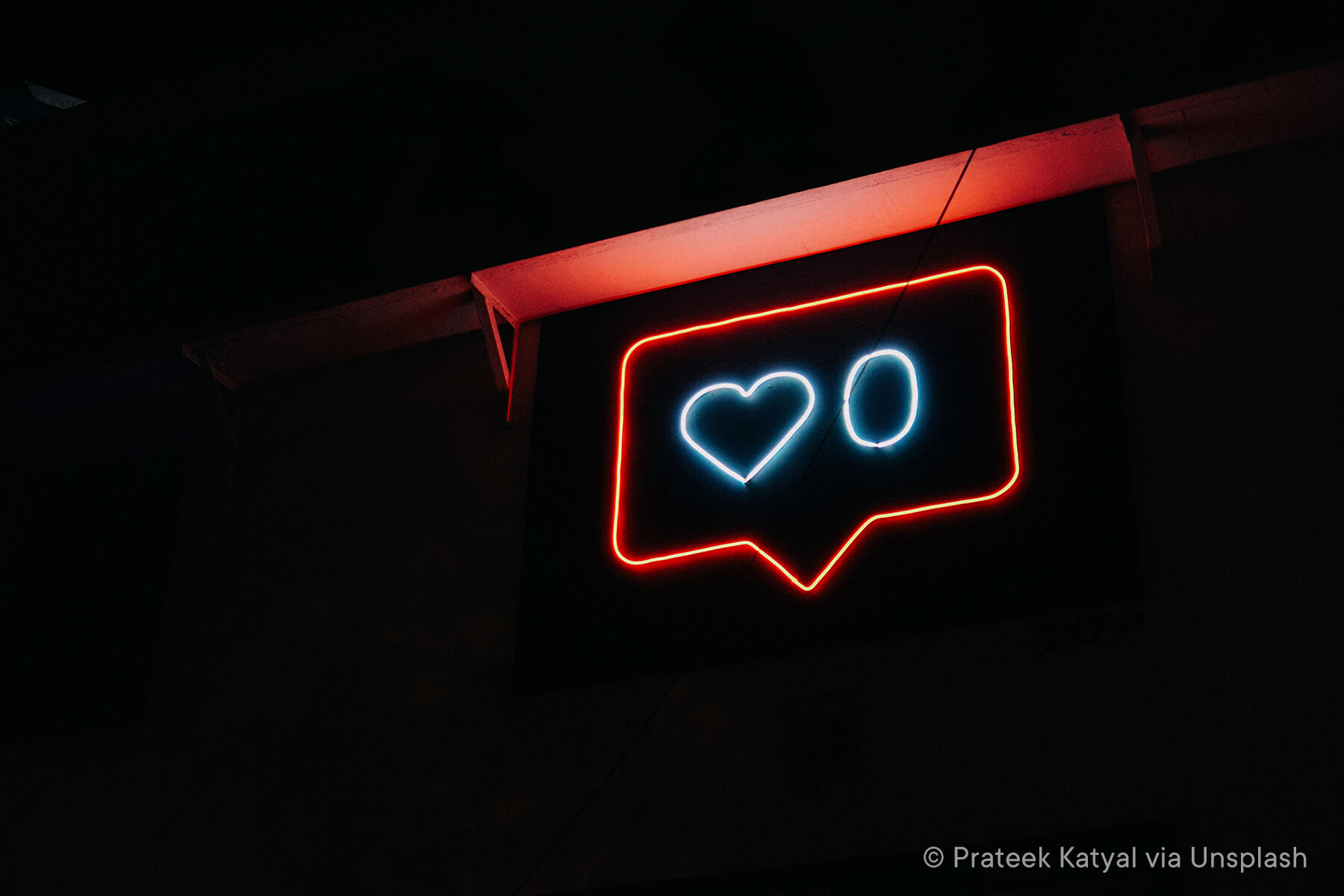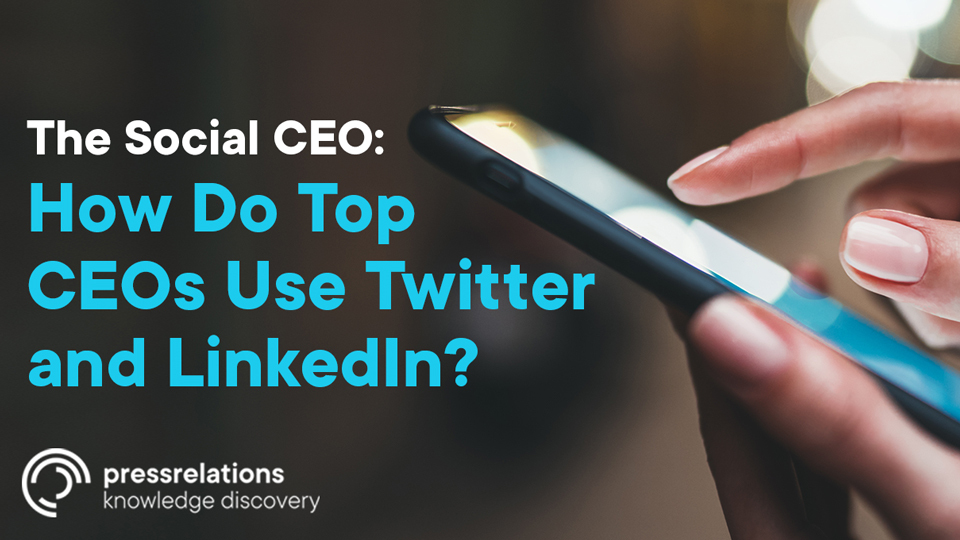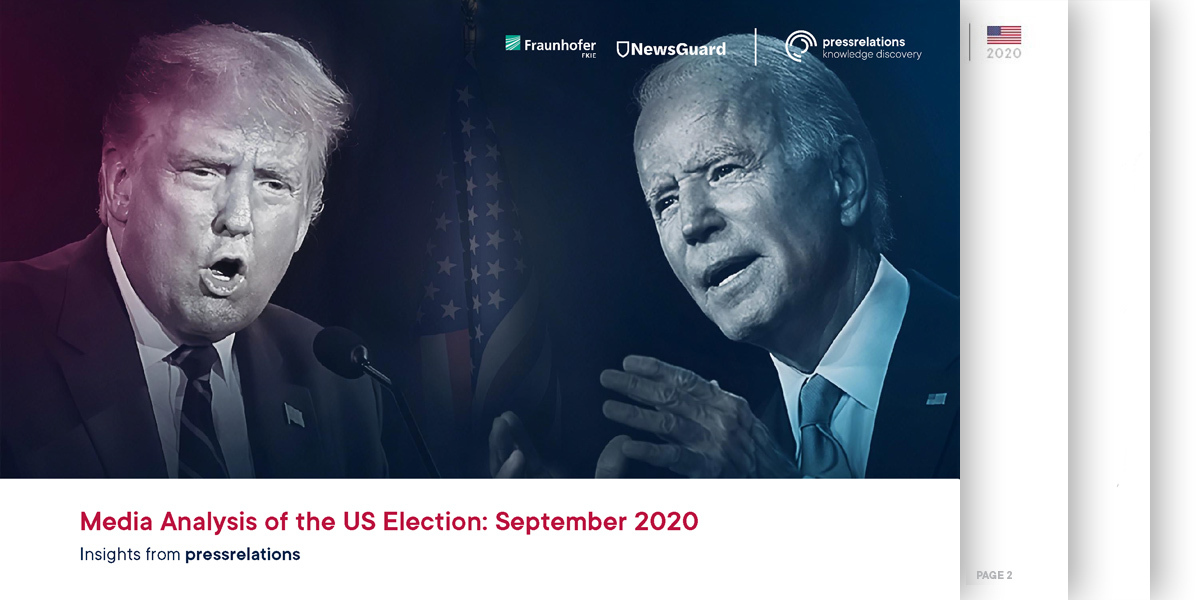Rainbow parades, colorful flags, and absolute diversity – the queer community celebrates the so-called Pride Month for a month. The Christopher Street Days are the annual highlights of the LGBT+ community, aiming to increase the community’s visibility and acceptance in society. The protest march of the lesbian, gay, bisexual and transgender movements, as well as all other sexual identities (+), no longer only take place on the streets of the big cities: With colorful campaigns on the Internet, the festival of sexual self-identification has now taken up a central part of society. More and more companies support the goal of liberating love and identity from traditional norms and creating structures that are based on equality. As a result, the marketing instrument ‘Pride’ has become an integral part of commercial advertising in recent years. Whether it is real solidarity or a pure facade can only be revealed by a look behind the scenes.
THE RECENT MILESTONES IN QUEER HISTORY AND CULTURE
The Stonewall Riots in New York in June 1969 gave another impetus to the social structures. Mainly thanks to black trans women and activists such as Marsha P. Johnson or Sylvia Rivera, the unjustified police violence was countered and the oppression of the LGBT+ socially marginalized groups was made visible. The social status of queer people improved immensely after the riots. In 1970 the first Gay Liberation Day Marches took place in America which later on spread over to the DACH region (Germany, Austria, and Switzerland) where the parades and protest movements became popular as ‘Christopher Street Day’. The numerous legal resolutions to decriminalize homosexuality at the end of the 21st century completed the next step towards social equality.
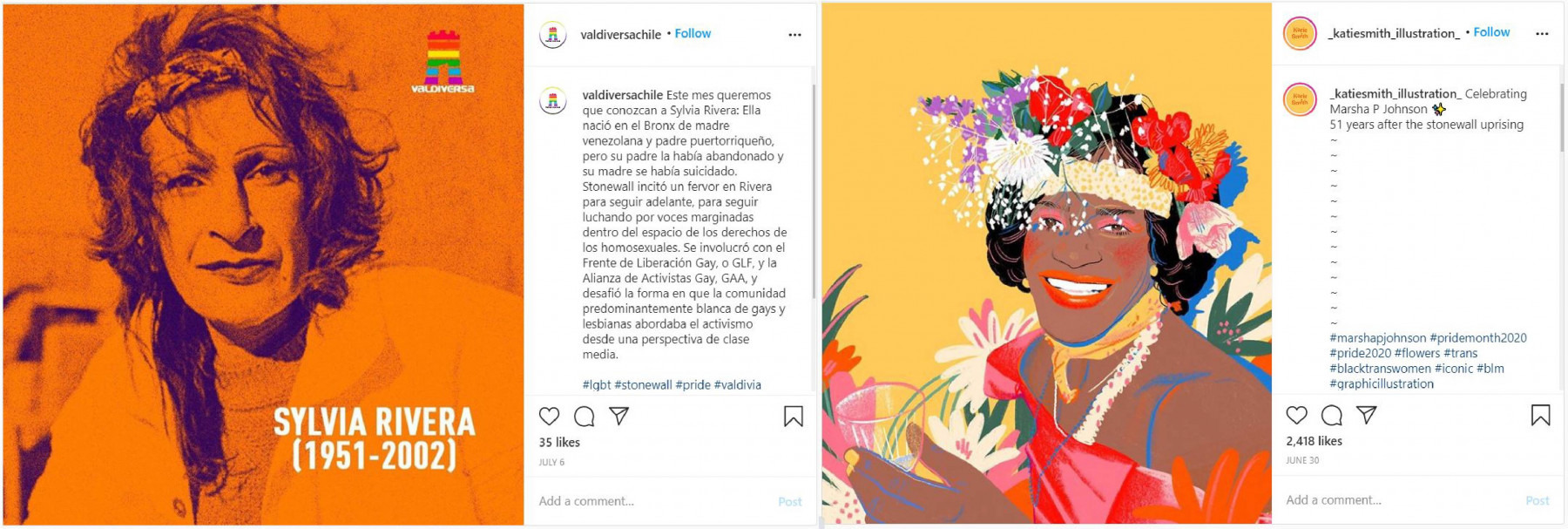
COLORFUL OFFENSIVE
Nowadays, when the clock strikes midnight the logos of the companies and large corporations turn, as if by magic, into their rainbow-colored equivalents. In recent years celebrating diversity has also made its way onto the social web. Colorful posts pop up on all modern communication channels. Boosted additionally by the effects of the coronavirus pandemic, the campaigning culture is establishing itself more and more on the Internet and it finds its expression in its special Pride products, editions, or entire collections. Almost every B2C category can be transformed with colorful sprinkles during the Pride Days and thus, delivering additional post reach and interaction on social media.
The trend of rainbow advertising started about five years ago, explains Stuart Cameron, Managing Director of the Uhlala Group, the leading social business for LGBT+ diversity in Germany. Back then, the community was happy to see that companies were just using their colors. But this year well-known companies such as BMW, SAP, Sparkasse, and Nintendo used their social networks to position themselves clearly and voice that by raising awareness for the community.
ALL THAT GLITTERS IS NOT GOLD
The more popular Pride Marketing becomes, the more pinkwashing accusations reach the general public. The term refers to the expression of solidarity that is only used for marketing purposes – and that is why the queer community is severely judged: “Many have the feeling that companies are exploiting the Pride symbolism in order to raise the purchase intentions of LGBT+ people in Germany,” says Cameron.
The colorful marketing generates between 50 and 100 billion euros in sales per Pride season. The accusation of disgraceful monetary incentives goes hand in hand with considerable risk to the company’s reputation: companies that fail to show a genuine commitment to the LGBT+ community risk attacks from the public. A look behind the new product range usually reveals whether corporations are also implementing internal structural changes and creating equal opportunities, regardless of ineligible factors such as sexual orientation.
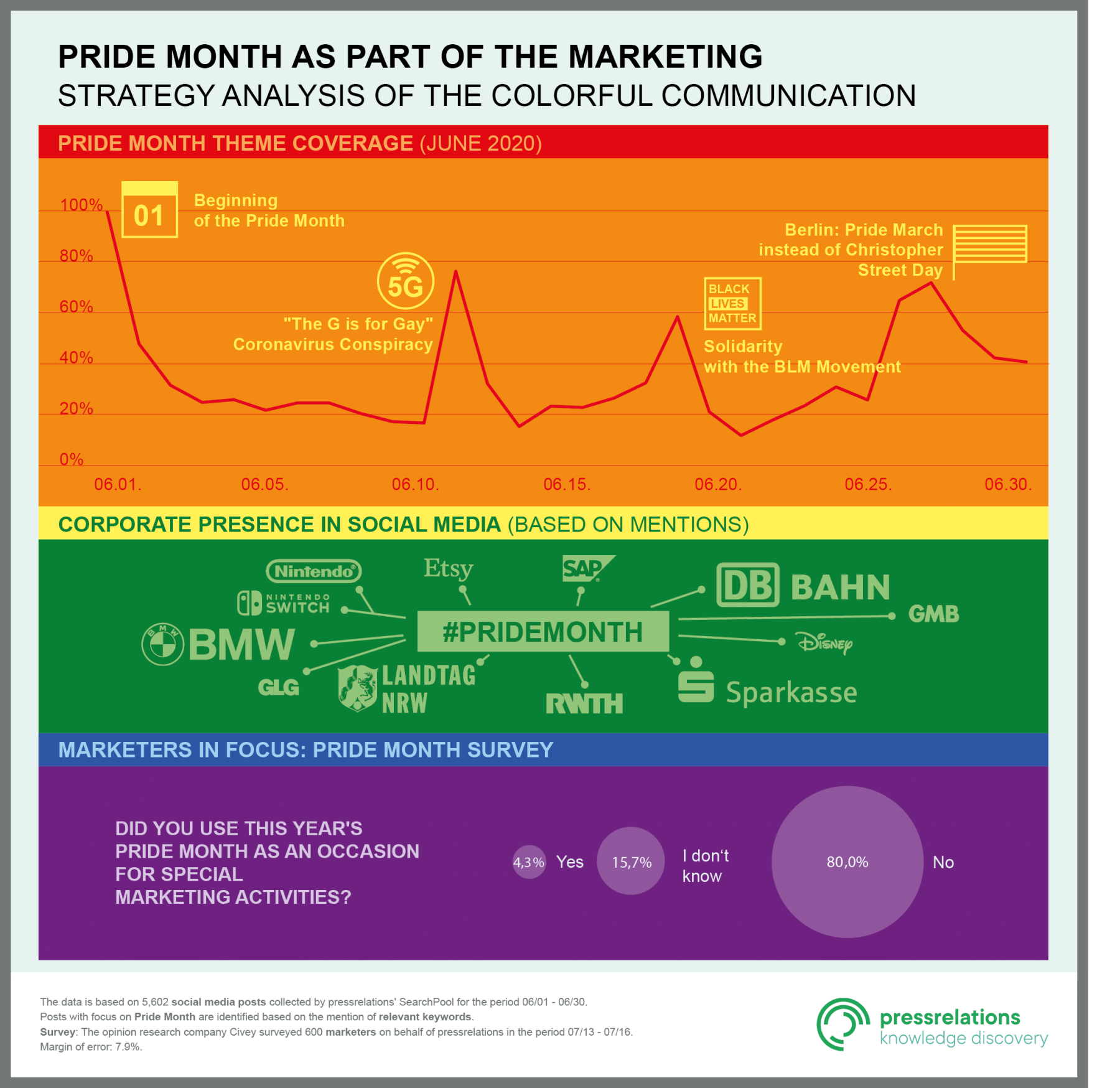
THE PITFALLS OF THE PRIDE CAMPAIGN WORLD
With an annual spot, Deutsche Bahn is one of the best-known Pride advertising brands. This season, the Group published a colorful campaign as well and achieved mixed feedback on the social web. The commercial published in social media shows various everyday situations of queer travelers. Among them: Men dressed in leather, drag queens on a walk, or a lesbian couple with rainbow-colored masks. However, due to the coronavirus restrictions and the canceled parade, the mood of the performers is kept within certain limits. With the video title “We feel with you”, Deutsche Bahn demonstrates an understanding of the bad mood of the protagonists.
This presentation, however, caused a headwind in social media: Pride is not a celebratory culture, but above all a political movement, according to the criticism. One user left the following comment under a YouTube video: “Unfortunately, this serves all the prejudices that ‘one’ has and how the average heterosexual imagines homosexuality.” Another comment describes the spot as a “desperately edgy-produced pseudo-funny PR campaign”.
Uhlala’s managing director Stuart Cameron is also torn on the DB spot: “The LGBT+ community is not as it is depicted there. Nevertheless, I believe that Deutsche Bahn is honest in its commitment, they will take the feedback into account and next time they will create a new campaign that better reflects the reality”. After all, Deutsche Bahn is setting an example against discrimination even beside the advertising spot with numerous initiatives such as the internal network “railbow”.
Influencer marketing is booming in times of colorful campaign management. For example, under the hashtag #staypride, you can find products marketed by well-known LGBT+ scene icons, aiming to raise donations for the community. The fact that the focus here is mostly on the profit and the added value for the good cause is kept as low as possible is in absolute contradiction to the basic idea of the Pride Month.
It is precisely this mindset that the Berlin drag queen Candy Crash criticizes: with a rant against the advertising industry, she complains about the capitalist campaign management of corporations in times of queer marketing. It is not surprising that requests for cooperation with representatives of the queer community increase during Pride Month. However, these are often companies that, according to their own statements, would not cooperate with the artist during the remaining eleven months of the year.
The fashion brand Calvin Klein recently delivered a predominantly positively received campaign. One of the spots focuses on people from the queer community and their personal stories. The words “I am writing my own story now” make it clear that they are now proud of their queerness and have left behind the negative events from their past. The spot ends with the statement “And I’m proud” – matching the hashtag #proudinmycalvins designed by Calvin Klein.
TAKE A STAND FOR THE COMMUNITY
“The statement ‘We are an open company and we have no problem with LGBT+’ is no longer enough”.
Uhlala Managing Director Stuart Cameron
It is not so easy to set the right tone: The LGBT+ community is represented by countless identity and life models, the diversity of which is difficult to be portrayed in one campaign. Therefore, the external image of a company must not be given a bright coat of paint for just a short time. Instead of only using the Pride symbolism, corporations could also raise internal awareness as part of their corporate culture.
“The statement ‘We are an open company and we have no problem with LGBT+’ is no longer enough,” says Uhlala Managing Director Cameron. With a serious interest and willingness to learn, even a profit-oriented company can make a relevant contribution to queer discourse and also anchor diversity within the company for the long term. The resulting added value benefits both the community and the company.
